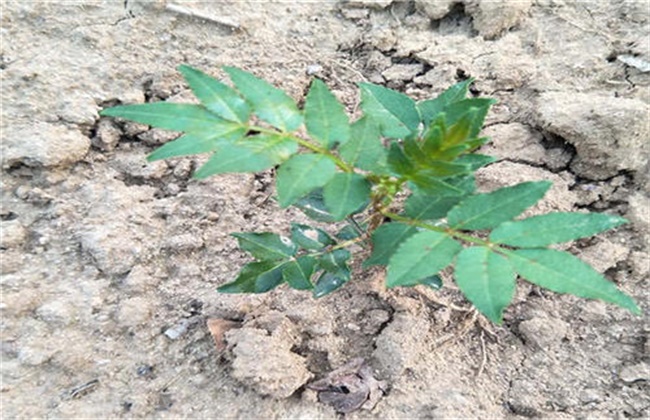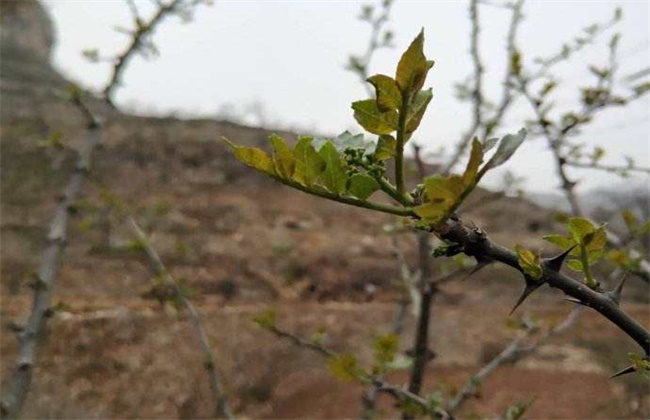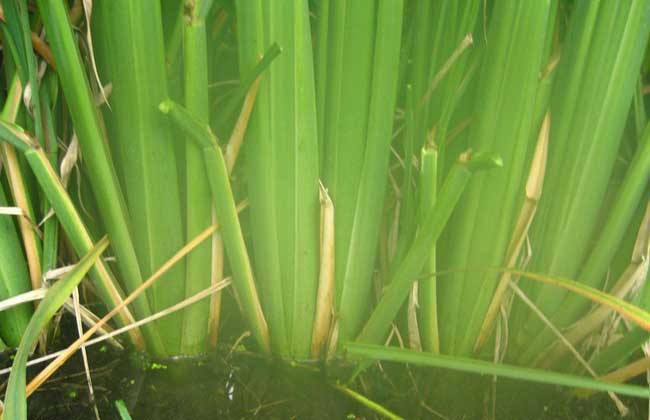Causes and Control methods of Seedling death of Zanthoxylum bungeanum
Zanthoxylum bungeanum is an important economic crop in China, with the project of returning farmland to forest, the planting area of Zanthoxylum bungeanum is also increasing year by year, and the phenomenon of dead seedlings is also more serious, which seriously restricts the development of Zanthoxylum bungeanum industry. So what is the reason for the death of pepper seedlings? How to prevent and cure it? Let's take a look.

1. Harm of underground pests
When raising seedlings, underground pests are serious, such as wax, mole cricket, golden needle insects and other underground pests, they mainly harm the roots of seedlings, and bite by adults and nymphs to harm the roots of pepper seedlings, resulting in lack of seedlings and broken ridges.
Control methods: in the seedling period, the nursery should be leveled first, and then deeply turned to mature, in order to prevent the harm of underground pests such as wax, mole cricket, golden needle insects and so on. During soil preparation, pesticides can be applied per mu, and then shallow ploughing and raking evenly, making the soil loose and the ground flat.
2. Blight
Standing blight, also known as dead seedlings, after the seedlings are unearthed, the pathogen often invades the root neck, and then spreads to the young roots and stems, making the seedlings lodge and die quickly. After the Lignification of the stem of the seedling was damaged, the seedling did not lodge, but the phenomenon of standing withered appeared, and the resistance to Lignification of the stem of the seedling was enhanced, and the probability of damage was reduced.
Prevention and control methods: select a good nursery before cultivation, soil is the main source of infection, generally long-term cultivation of vegetables, the accumulation of more pathogens, so this kind of land should not be selected as nursery land. At the same time, fungicides were applied during soil preparation to reduce the number of pathogens and the possibility of disease.
3. Waterlogging and rotting roots
Rotting roots often occur in nurseries with high groundwater level, poor drainage and heavy soil, mainly due to anoxia and asphyxiation of roots after stagnant water. At first, we will choose the phenomenon that the leaves turn yellow and the leaf edges are scorched, and then the plants slowly die, and the withered plants will be pulled out, and a large number of roots will be found to rot, accompanied by a taste of acid rot.
Prevention and control methods: for the nursery with high groundwater level and poor drainage, the seedling raising technology of deep ditch and high border can be adopted to control stagnant water and prevent waterlogging. For the nursery land with heavy soil, the methods of using mature farm manure to enhance soil permeability and improve soil structure can be adopted.
4. Rotten roots of chemical fertilizer
When the seedlings are nitrogen deficient, the growth is slow, the growth is weak, the resistance to the outside world is weak, and the disease is very easy to occur, but when a large amount of nitrogen fertilizer is applied, the coordination of carbon and nitrogen metabolism in the plant is destroyed, and the seedlings grow greedily. Moreover, the stratum corneum is thin, the thick-walled tissue is underdeveloped, and the plant is soft and colorful. After absorbing excessive chemical fertilizer, the cortex of the root neck will turn black, the subcutaneous xylem will also become dark brown, and the root system will rot and die seriously.
Prevention and control methods: rotting roots caused by too much nitrogen fertilizer, it is necessary to appropriately reduce nitrogen fertilizer and pay attention to the proportion of nitrogen, phosphorus and potassium, so as to avoid overgrowth of seedlings and improve disease resistance.
The above is the introduction of the causes and control methods of Zanthoxylum bungeanum seedlings, hope to help you, want to know more related knowledge, please pay attention to us.
Related
- Where is it suitable to grow horseradish in China? it is expected to see the middle altitude horseradish in Alishan.
- How to prevent tomato virus disease reasonably? (Control methods included)
- Many people like to plant towel gourd on the balcony. What are the main points of this method and management?
- What crops can chili peppers be mixed with?
- Fertilization techniques and matters needing attention in Tomato
- What are the grafting techniques for peach seedlings in spring?
- Harm and control methods of root swelling disease of Chinese cabbage
- What are the pests of sweet potatoes? How to prevent and cure it?
- Symptoms, causes and Control methods of navel Rot in Tomato
- The cause of "Cucumber rotten bibcock" in Farmers' planting Cucumber and its Control Plan



